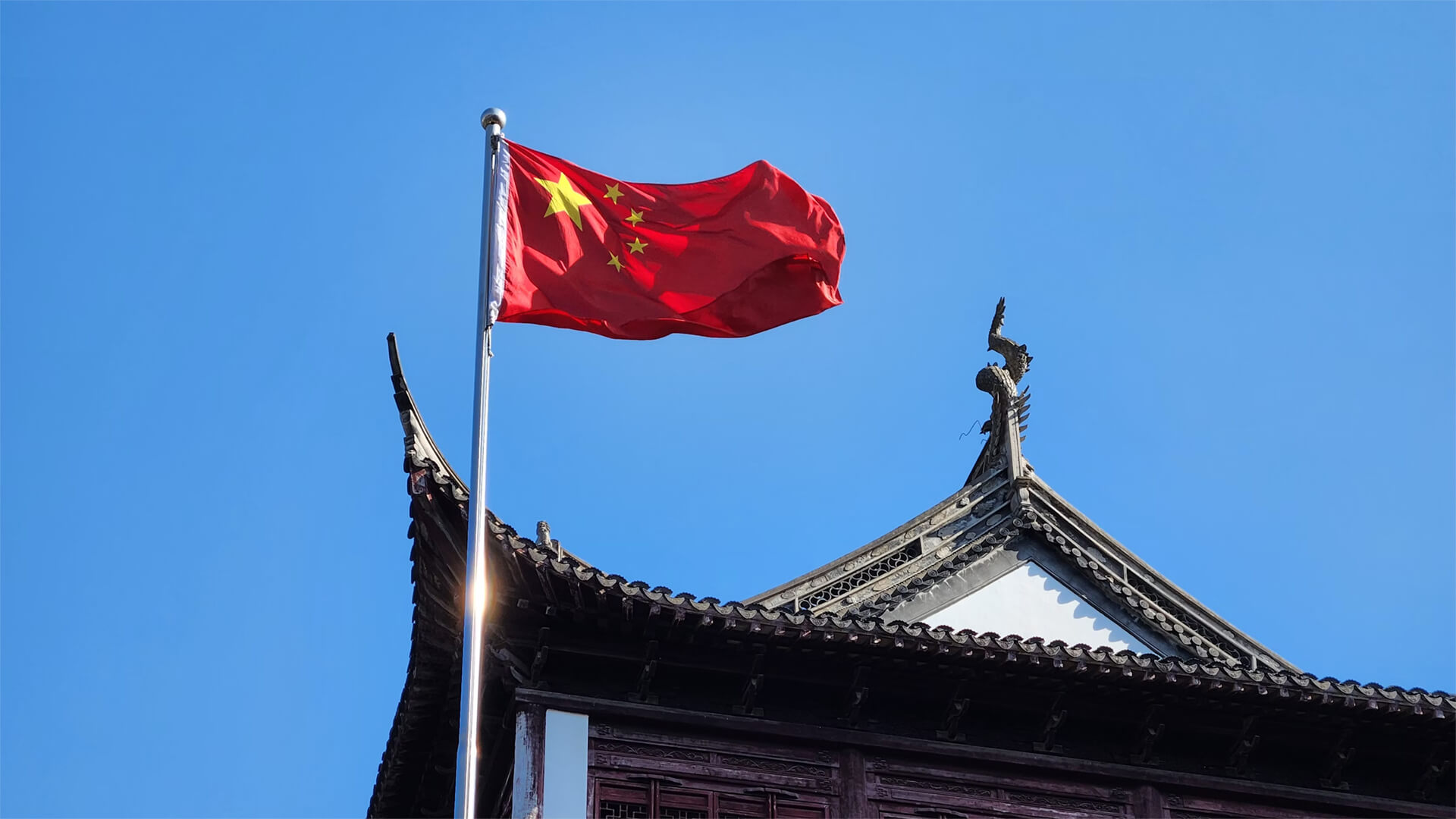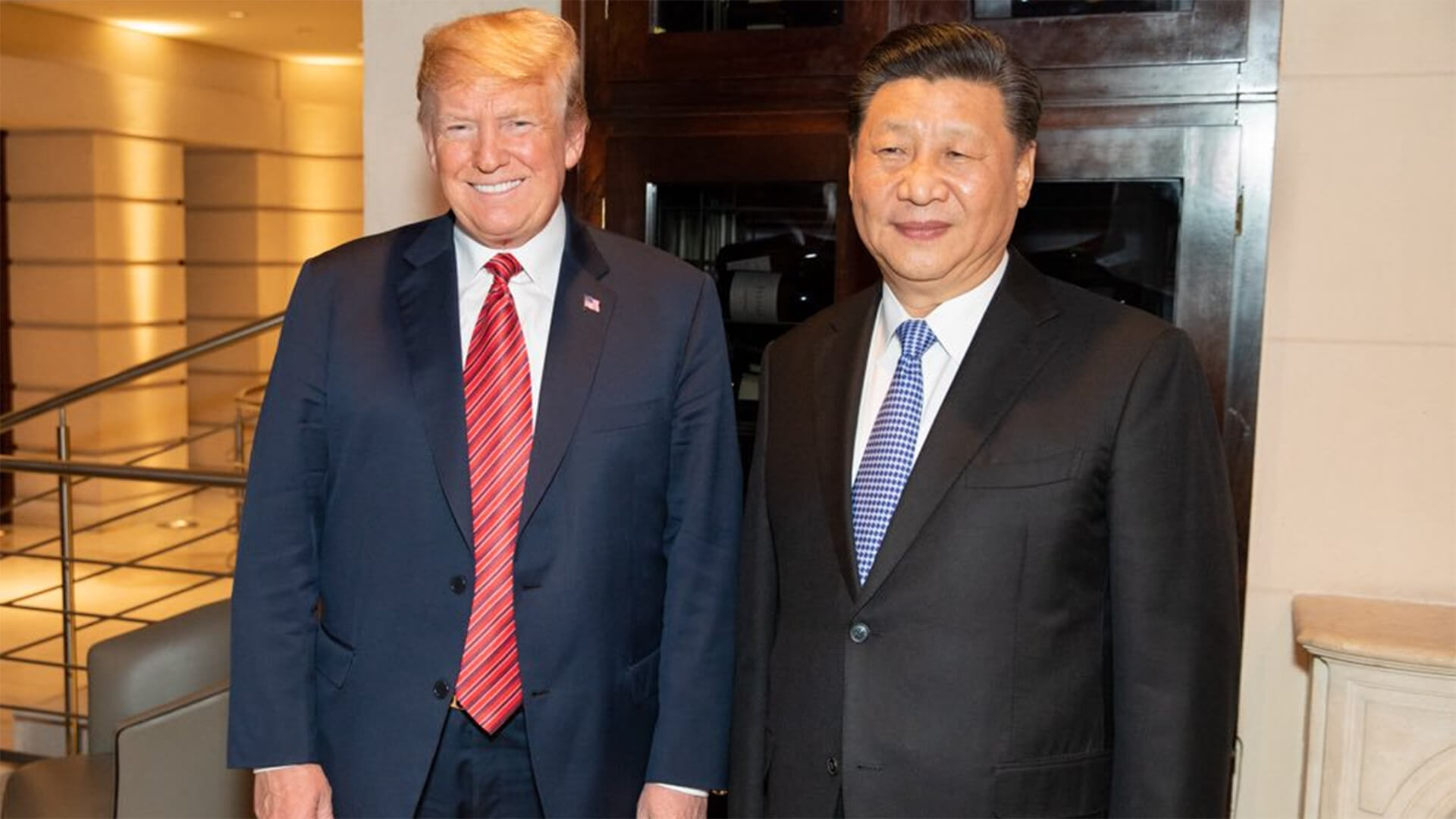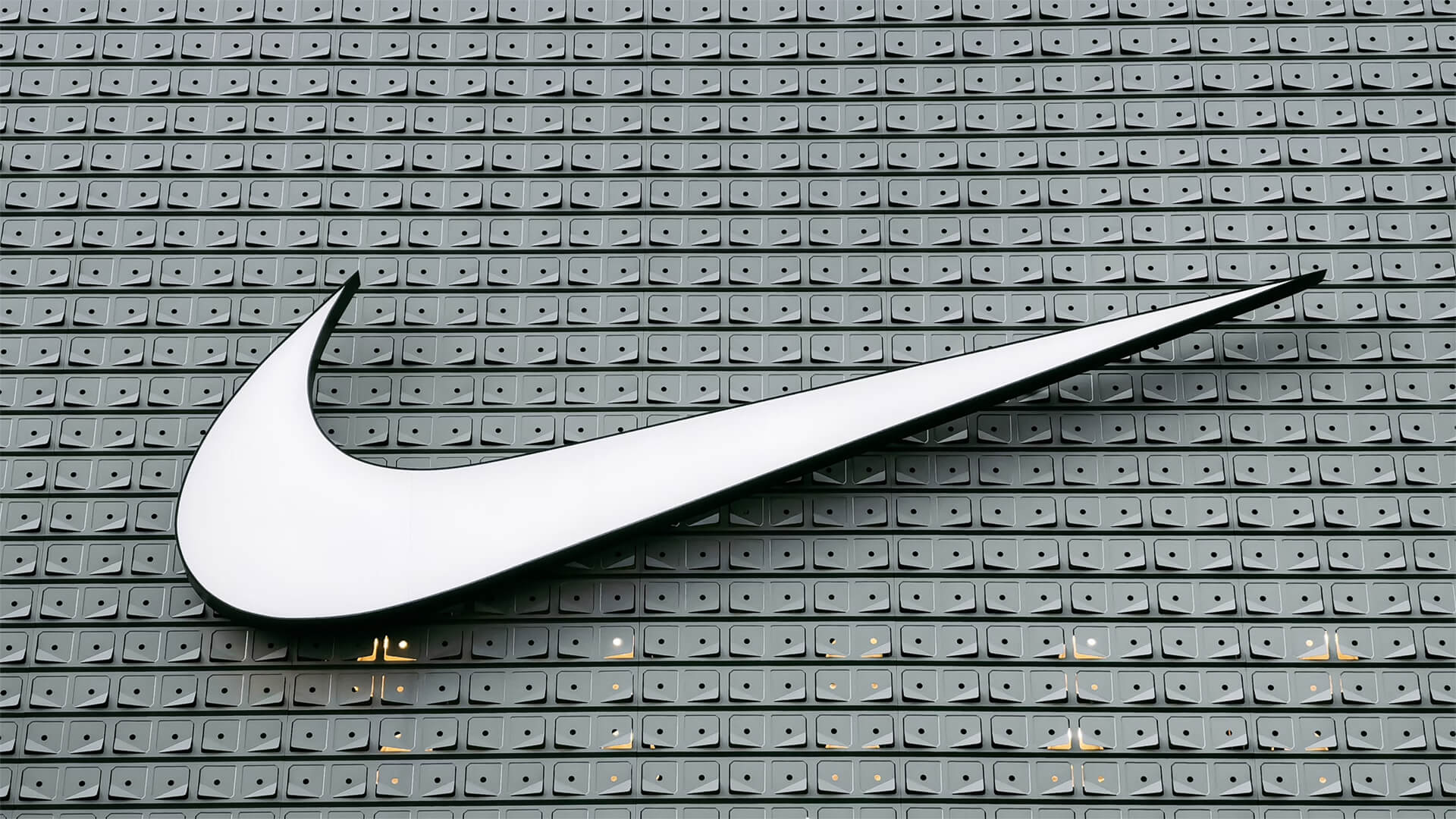Trade tensions are taking their toll on an already fragile Chinese system. The US is dealing with self-sufficiency problems, but for China, it is an existential question. Will this new deal change that?
The Chinese economy relies on cheap capital to keep people employed and distracted; the idea is that social stability will keep people busy enough to avoid unrest. Surprise, surprise, that system is unsustainable. Throw in all the other issues plaguing China and you get a sticky situation. Now, enter Trump.
Round after round of extreme tariffs might be hurting American consumers, but that’s nothing compared to the death blow it is dealing to China. The entire Chinese model depends on exports, especially to the US, and the rest of the world can’t make up for that. But this new deal that’s emerged has walked back tariffs a bit (even if it’s largely symbolic).
This temporary relief from the tariffs will buy China a little time, but the fundamental issues haven’t changed. Oh, and the US is still going to get hit with a recession. Sorry to burst your bubbles.
Transcript
Hey, all. Peter Zeihan here coming to you from the car. The snow is gone. So that means it’s hiking season.
The first stop is, Utah. Anyway, we’ll be doing some more pieces as the trip continues. But right now, we need to get back to China. So we have seen a number of policy shifts out of the Trump administration in its first few months in office.
And by far the most significant one is, of course, in trade. And we’ve spent the last couple of weeks going through the impacts of that on the US economy, and now we’re going to shift to the second largest economy in the world, which is the People’s Republic. The situation here is not minor. I mean, in the United States, we have been on the edge about industrial production and import self-sufficiency and all those good things that are worth having conversations about.
But for China, the situation is far more existential. You see, the Chinese economic system is based on political stability. The, bribing the population. Basically, anyone who has cash, whether it’s a central bank or a mom and pop operation, that cash is forced into certain investment vehicles so that there can be cheep, cheep, cheep, cheep, subsidized cheap capital available for any entity that is capable of employing anyone.
The theory is pretty straightforward. China has a history of being part of the region’s coming, their way of rebellions, and since the system has never had a way to transfer power from one generation to another, that has really worked. The best way to make sure that everything holds is to make sure that everyone is gainfully employed and it doesn’t have to be a real job.
It just has to be something that keeps people doing something for most of the week so that they don’t get together in large groups and go on long walks together. Something the Chinese government is very familiar with because that’s exactly how they got their jobs anyway. So the capital structure is deliberately tilted towards this sort of robust, artificially cheap capital system.
It means that the rate of returns on capital are very low, which means the entire system is kind of creaking along everyone’s style. But it means everybody’s got a job. The thing is, is if you invest a bottomless supply of someone else’s money into an industrial plant, it’s not going to be particularly efficient. And B is going to produce a lot of stuff that is not geared towards the local economy.
And C, the local economy doesn’t have the capital that it would be needed to purchase it anyway. And that’s before you consider China’s demographic problems. Now, that they have more people over age 53 than under 53. Simply having consumption at all is kind of hilarious and so no shock.
We’ve actually seen consumption go down in the last six years. One of the fun things about Covid is it kind of put everything on hiatus for a few years in China, because of the lockdowns, and none of the statistics really matched up with what we had before. And it’s only in the last 18 months that that’s far enough in the rearview mirror that we have some idea of what the numbers actually look like in China, and they’re all really bad.
So along comes Trump and puts up a series of tariffs that basically function as an embargo, 185% was the peak in that sort of environment. Trade between the United States and China basically arrests. And while that is a problem in the United States, from a consumer point of view, it will absolutely trigger a recession in China. It’s the kiss of death, because the United States is China’s number one consumer of Chinese exports.
Exports that they can’t consume themselves, which means that China has to be export lead no matter what else, because it can’t consume the stuff itself. Now they will they have they will continue to try to dump that product on other markets to get the income. But the rest of the world combined simply doesn’t have enough spare consumption to absorb what once went to the United States.
And that’s before you consider that a lot of these countries are becoming more protectionist anyway as the world globalized. So you dump the product, they start putting up their own tariffs. We saw that last year with the electric vehicle craze, where the United States was one of the first countries to put up barriers, but then the Europeans followed the Canadian style.
Basically, anyone who has an auto industry at all, including the Brazilians and the Indonesians and the Russians, and we basically just saw China cut out of all of the markets, and they started chopping up the cars to get the battery packs to put into other things. We’re gonna look at something like that on a much larger scale this year, and we’re already hearing reports of companies closing, factories shutting down, warehouses already being full across the length and the breadth of the Chinese system.
Not so much in electronics, because the Trump administration issued a waiver for that specific subcategory. But that’s only about a fifth to a quarter of the products that the Chinese used to produce. So there is no version of the deal that the Trump administration would accept that addresses the issue as Trump defines it. And that’s a trade deficit issue that would also allow the Chinese to solve their problems in the way that they define it, which is a mass employment and export problem.
So we really do have the irresistible force meeting a unmovable object here, and there’s no clean way forward. And yet and yet and yet a couple of days ago, we got a deal. Well, let me explain what that deal was. The deal is to dial back most of the tariffs to roughly where they were the day before Trump announced Liberation Day.
And that’s the entire. Oh, and this is exactly what we should expect from the American side, because the Trump administration still wants it hasn’t staffed up. And your typical real trade deal with a country that does not have an agricultural sector or anything particularly sensitive, which to say that China takes about 18 months and we’re only getting started on this process.
What the Chinese are hoping for is they can do some version of a repeat of the phase one trade deal that was done by the Trump administration the first time around, and in that deal, there were product quotas. There were changes to intellectual property laws. There’s a long list of things that the Americans considered irritants in the relationship that the Chinese agreed to.
And so they signed a deal and then ignored it completely because the Trump administration had no bandwidth to actually enforce the deal. And things just went on their way this time around, the Trump administration doesn’t have 5% of the senior staff that it had last time. One of the reasons it’s taking us so long, just to get to the point where they’ve agreed to talk, is that there’s no one on the US side to even answer the phone, and so real talks maybe will now begin.
And if the real talks follow the pattern last time, it’ll be a year before we get the phase one trade deal that the Chinese will then proceed to ignore. The Chinese are betting that the Trump administration is bad with so slow out of the political environment at home is so toxic that the Trump administration will simply be tangled up in other things, and they can go back to some version of what they would consider normal, which is where they were on April 1st.
Now, does this save the Chinese system? God, no. Everything about the Chinese system is terminal. The demographics alone suggest that this is a country with, at best, eight years to run. And we’ve already had a number of trade policies out of the Trump administration targeting China. We are now in our 128. Oh my God, a trade policy. All for all for this administration.
So the rules are changing. Investment is stalled in the United States because nobody knows what to do. But as far as the Chinese are concerned, this does give them a little bit more bandwidth, allows them to stall and perhaps a little bit more. If the 145% tariffs would have stuck, we would’ve been looking at for maybe five years.
Tops of the Chinese system could exist before the employment system simply imploded on them. They needed something, and the Trump administration has given them something. The question is, how long will it last until we have our next hiccup at the white House?
Oh, and one more thing. This doesn’t deflect the, forecast that I have of a recession in the United States at all. Assuming that Trump means what he said with the return to some version of normal tariffs that we had a few weeks ago, and assuming that everyone in China gets right back to work immediately, and assuming that all of the ships that haven’t crossed the Pacific are still there waiting.
And remember, we’ve had three times as many ship cancellations on the Trans-Pacific route so far as we did during all of Covid times. Three assuming everything goes back to normal. The first product that leaves China now isn’t going to actually hit shelves throughout the United States until the first week of October. So we have at least been where we have a problem with inflation, where we have a problem with lack of growth.
And that’s before you consider all the other factors that are going on, because it’s just this is just one thing, that has changed a little bit and everything else is going full bore.











